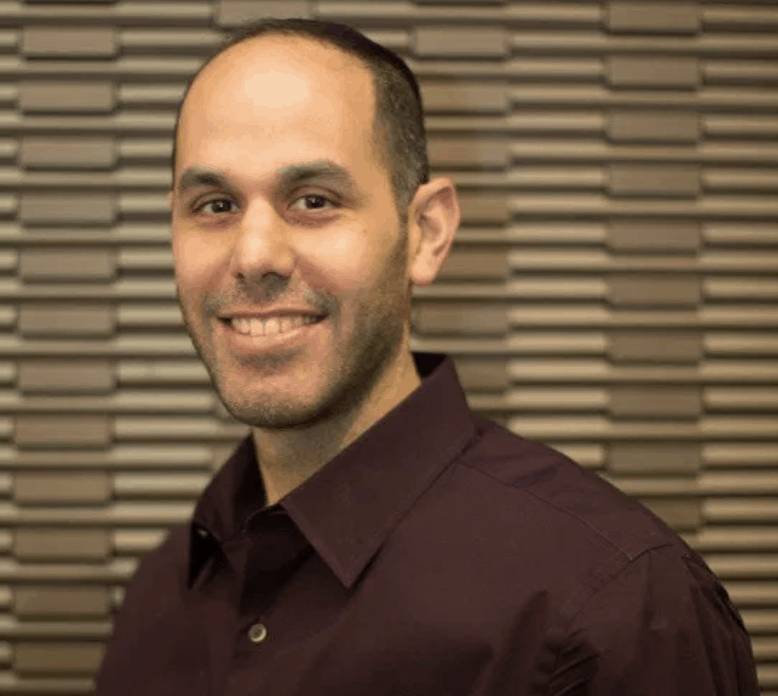It is vital to maintain proactive oral health regimens for all children. For kids who suffer from chronic health conditions, it can be much harder to do. A chronic health condition is a permanent and on-going health problem. In this post, we’ll show you the facts on pediatric dental care and chronic health conditions. Then you’ll be able to make informed decisions. Let’s get going.
People also ask
- What are 5 oral health diseases?
Tooth decay (dental caries,) periodontal diseases, oral cancers and cleft palate. These issues are common for all types of people and ages.
- What medical conditions can affect dental treatment?
Anemia. Diabetes. Oral cancer. Temporomandibular disorder (TMD.) Thyroid problems. Anorexia. This list is not exhaustive. There are many more conditions to consider.
- How can children’s poor dental care affect their health?
Tooth decay will affect your child in many ways. Most prevalent is pain. This pain comes from infection, swelling and more. f left untreated the issue will need complicated treatment to correct it.
What is a Chronic Health Condition?
- Asthma
- heart defects
- cystic fibrosis
- Downs Syndrome a
- Cerebral palsy
There are many more chronic health conditions …please check your condition for more details.
What Parents and Caregivers Can Do
First of all, they all have a long-term effect on every aspect of a person’s health. A child’s teeth and oral health is an important and often overlooked area. It associates with a chronic health condition. Primary teeth are important for social development, speech and eating.
Not to mention normal growth and development. They are space holders for permanent teeth later in life. Their health is important for all kids and even more so for special needs kids. These factors can all cause issues with dental needs in special needs kids.
Behavioral Issues
Some intellectual chronic conditions make it difficult to maintain proper oral care. Some of these conditions come with problems. Like a delicate gag reflex. Another is an inability to spit or swallow. A toothpaste tolerance and an inability to keep their mouth open are more examples.
Often, a professional can help circumvent these behaviors. Especially in cases of autism or a spectrum disorder. In other cases, parents will have to be more vigilant in oral care. They do this by seeing the dentist more often and putting good habits into practice.
Feeding Problems
There are a few issues in feeding children with chronic illnesses. These issues pose a problem with tooth decay and oral hygiene. Often kids will hoard food in their cheeks. It can stay there for hours or even days. This is dangerous because the child could choke on it. But it also causes tooth decay, bad breath and other issues.
Inadequate Oral Hygiene
Autism, ADHD, and some other conditions can hinder a child’s ability to maintain a hygiene habit. Parents and caregivers can seek out a professional’s help for their child; tailored to them. Other families may find it necessary to brush and floss their child’s teeth for them. Some chronic disorders affect behavior.
Autistic kids may need specific stimulation or individualized tactics during brushing
This limits the child’s ability to brush and floss. Others affect physical movement and abilities. Autistic kids may need specific stimulation or individualized tactics during brushing. A child with cystic fibrosis may not be able to brush their own teeth and need a parent’s help.
Mother/Child Interaction
A mother with untreated tooth decay can pass it along to her special needs child. This is without ever knowing what has happened. So, acidogenic compounds in the mother’s mouth take sugars from the mom’s diet. Then changes it into acid that causes cavities.
These acid-producing bacteria live on the teeth’s biofilm covering. Transmitting to a child by licking the pacifier, sharing food utensils, and kissing. Anyone with poor oral health who is in close contact with the child could be putting him or her at risk. This could mean a preschool worker, sibling, babysitter, or any relative.
Developmental Defects
Chronic health conditions often bring about other problems. Enamel hypoplasia is one such instance. It occurs in cases such as those with Turner Syndrome. Also, Treacher-Collins Syndrome, and Downs Syndrome. Adequate amounts of tooth enamel do not form in such cases.
Track those kids for tooth decay more than others. Even one evening without a proper brushing can turn into a painful cavity and start dental disease. Often there are dietary supplements and additives that can help enamel production. But proper oral hygiene is vital in these cases.
Medications and Special Diets
A risk for tooth decay increases when certain dietary needs arise. Nutritional shakes, more frequent feeding for caloric intake, and eating specific foods at specific times can all increase the risk of tooth decay. A child’s diet is rich in carbs and offers the perfect breeding ground for the bacteria that cause tooth decay. Avoid that at all costs.
Kids eat stuff like honey, sodas, fruit juices, sports drinks, bread, rice, and sweets. Medications can also affect tooth decay and oral health. As a result, some kids develop a low saliva flow on some medications. Hence, low saliva flow is conducive to oral diseases. Children with special diets and medications may need to see their dentist more often. Above all, parents should be alert to all signs of oral disease.
Special Care for Children With Chronic Health Conditions
Also, special needs kids need a few specific items to have proper oral health. This begins by seeing a pediatric dentist on the first birthday. Fluoride is another tool that parents can access. It is a compound that helps strengthen teeth by strengthening the enamel.
Community water has fluoride. Rural water is not in most cases as it comes straight from the property owners well and is thus untreated. In those cases, a pediatric dentist can prescribe fluoride additives.
How to Protect Your Child
Win the battle against tooth decay and dental disease. Parents must first educate themselves on the disease-causing factors. And how to protect their child against them. Poor dietary habits, low saliva production, and acid causing bacteria and the main problems. Furthermore, protection against tooth decay requires a balanced diet, adequate saliva and sealants, antimicrobials, and fluoride.
Working With a Pediatric Dentist
Oral health is the most neglected healthcare in kids with Chronic Health Conditions. Chronic health conditions definitely raise the risk of tooth decay. Also, oral hygiene issues. That does not mean it is an inevitable situation. Working with a pediatric dentist, a special needs child can develop a healthy smile. Contact us today for more information on caring for a special needs child’s dental health. Contact Dr. Engel today.
- Which tip will you try first???
- Either way, let us know by leaving a comment below right now and continue the conversation.
KinderSmiles Pediatric Dentistry and Orthodontics
400 Kinderkamack Rd.
Oradell, NJ 07649
Phone: 551-210-4012
Chronic Health Conditions & Teeth (7 AMAZING FACTS)






